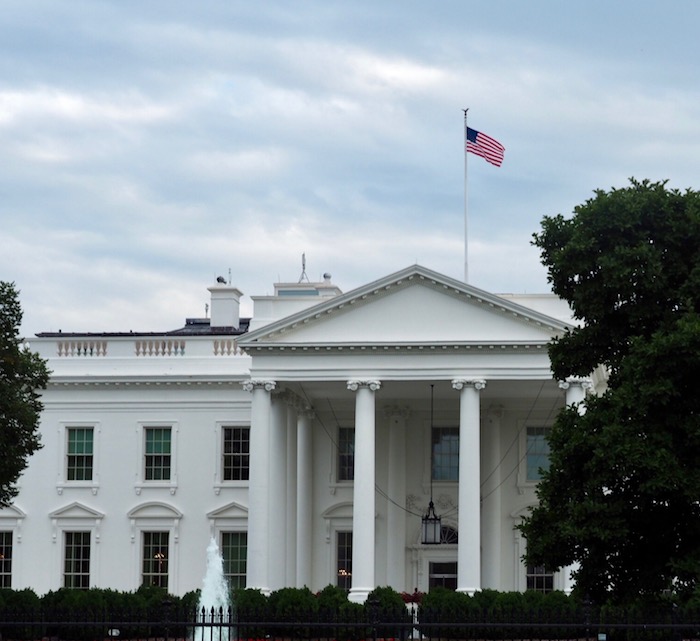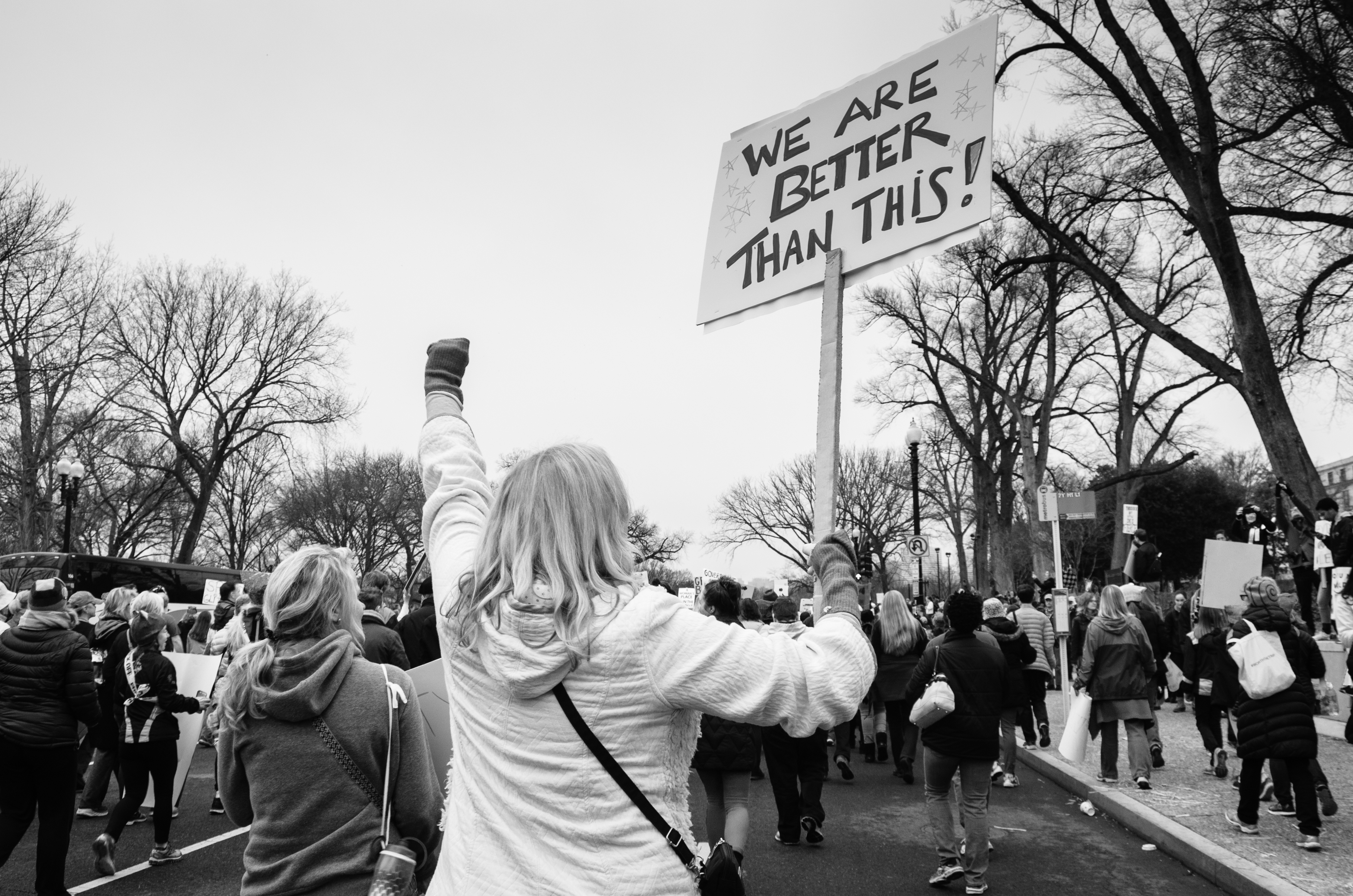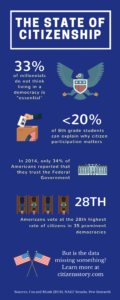A Quiz
A quick quiz: Can you name your U.S. Senators? And your U.S. house representative? What about your state senator? And your local school board chief and mayor? If that were a civics test, I’d fail. In fact, if I gave myself two chances to take the test, in both Massachusetts and Pennsylvania, I’d get 2/6 both times.
Knowing Our Representatives:
I highlight these questions and my failure to answer them to suggest a simple way we could all improve as political actors. We should all know who represents us. When I asked Maggie and Lisa, who both work in foreign policy, three things all Americans need to know about their country, they immediately mentioned that we needed to know all of our representatives. There’s a lot of ways we can achieve this goal. We could vote in every election, local, state, and federal. We could keep up to date on local news, not just national headlines. Or we could be active, and contact our representatives when we identify a problem.
Why our representatives matter:
But, as simple as it sounds, knowing who represents us – our values, our ideas, our wants, our needs – at every level, on as many issues as possible, is so crucial. For me, the issue I care most about is educational equity. If I wanted to act through our political system, I would need to know the Superintendent in Lower Merion or Philadelphia. I know neither. In other words, I talk a big game, but I don’t have the basic information I need to try to convince public servants to change their mind.
A lot of us are in this boat. I would bet most people reading this post would get a 66% or worse on the quiz I gave above; a Benson Strategy Group poll found that 77% of people don’t know their state senators. We can name the famous politicians, the people who anger and excite us. But much of our lives is decided by other public servants. Local representatives who have lived in their communities, ran with small budgets, and won on tight margins decide most policies and dictate community responses to problems.
If my first suggestion was to engage others directly in your community, my next is to know who you need to engage to create systematic change, big or small. If we don’t know who represents us, we can’t hold them accountable. We can’t influence the system. And we can’t speak in an informed way about our communities. Sometimes, the simplest civic tests are the most important ones.
Looking for your elected officials? Common Cause allows you to find every elected official who your community played a part in electing!


